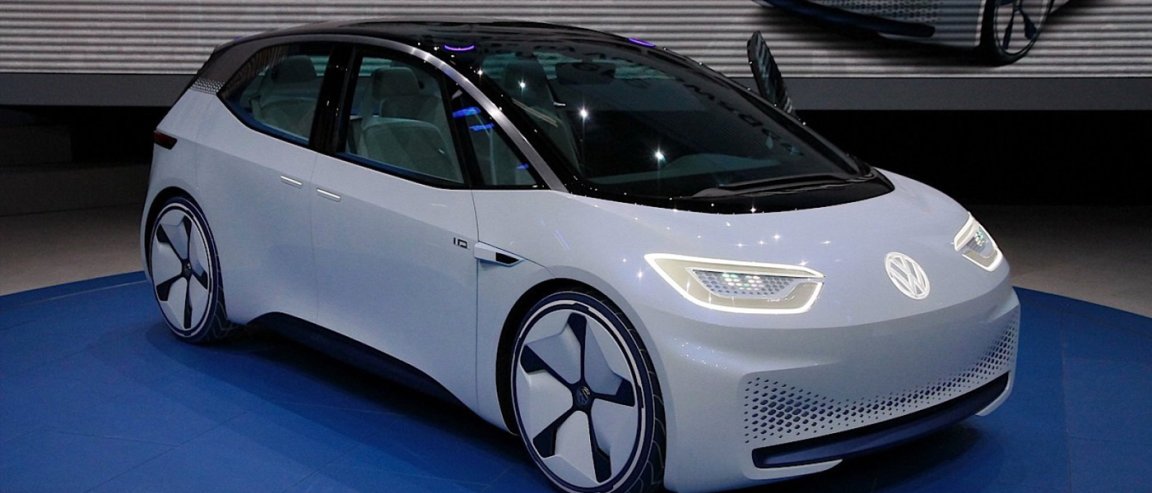
Fuel shift
Vehicles that run on renewable energy are just one of the technologies that will allow us to meet the Paris Agreement’s long-term goal of keeping the increase in global average temperature below 2°C. But even with subsidies to buy electric vehicles, the shift towards adopting them seems to be slow-going.
How do you motivate people to go green?
Maybe the solution is changing the supply. The German upper house of parliament, the Bundesrat, passed a resolution calling for a ban on internal combustion engines by 2030. No, this doesn’t mean someone is going to come to your driveway under the cover of night and take your car away. The cross-party resolution wants the EU Commission in Brussels to implement a ban that would make sure that only zero-emission vehicles were being sold by 2030.
Moreover, the resolution wants to lower the tax subsidies diesel automakers enjoy, asking for a review of “the current practices of taxation and dues with regard to a stimulation of emission-free mobility.” While that resolution binds no one into action, it is worthwhile to note the huge pull Germany and its regulations have on EU and UNECE policies and directives.
Zero Emission
A ban on internal combustion engines is expected to have an impact on the direction of the auto industry, since Germany does have the fourth largest automaking industry in the world. Reuters notes a move toward EVs would mean risk to auto jobs, since EV powertrains need less work than those of combustion engines. But we might have to bear that labor burden if we want to meet the Paris Agreement.
“If the Paris agreement to curb climate-warming emissions is to be taken seriously, no new combustion engine cars should be allowed on roads after 2030,” said Greens party lawmaker Oliver Krischer to Der Spiegel.
This move towards EVs will certainly help us mitigate the effects of climate change, especially as the time for drastic measures may be nearing. This year’s temperatures are likely to be 1.25ºC above pre-industrial times and have already reached points similar to when Earth’s seas were 20 to 30 feet higher. A paper by scientist James Hansen even suggests we must do more than stop the 2ºC rise.
In the end, it will be technology and political support that will decide whether we can win the climate battle or not.